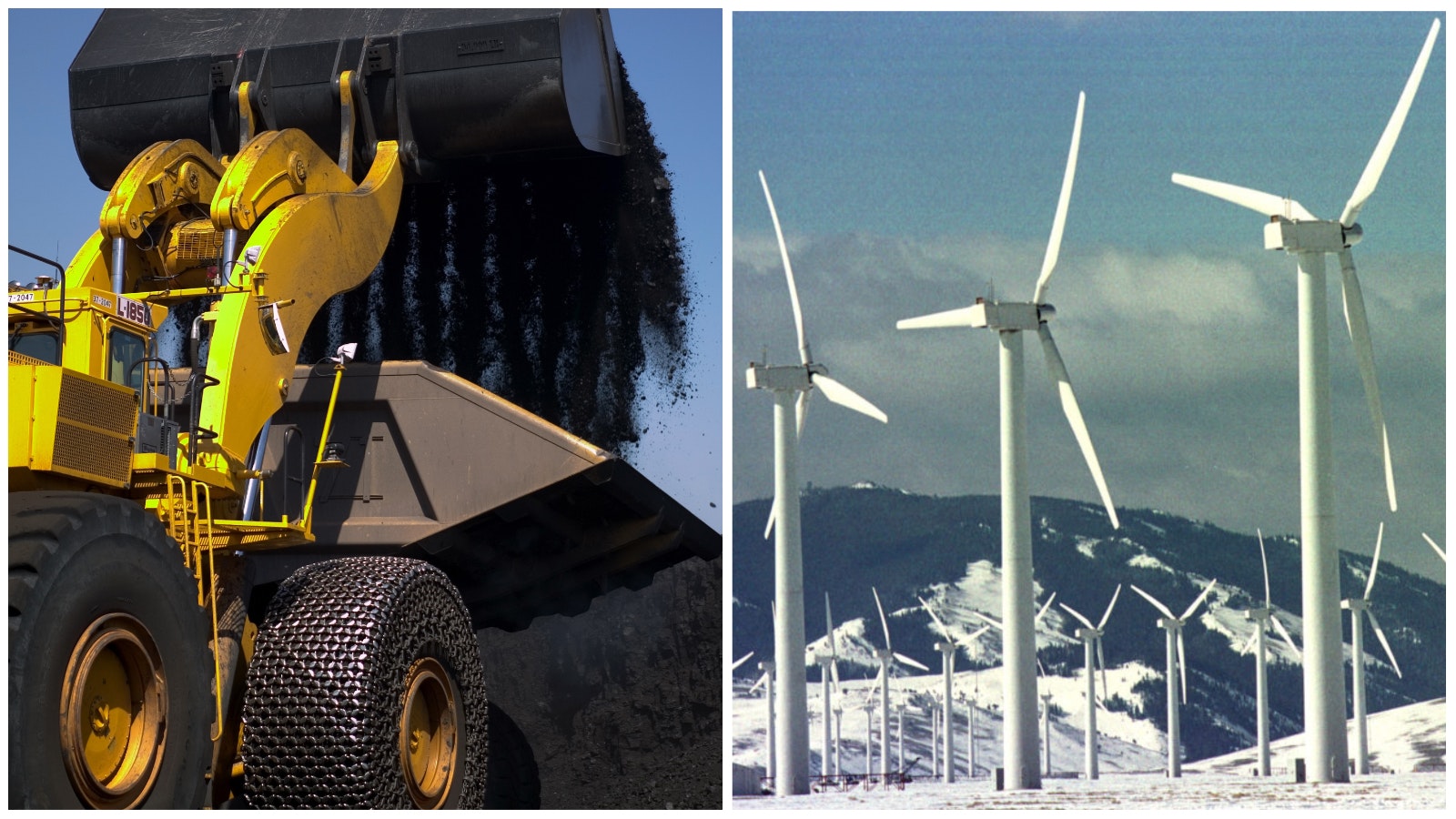A continuing increase in wind and solar on the U.S. electrical grid has strained energy resources during extreme weather events, according to grid reliability assessments. But fossil fuel-powered resources have prevented the kinds of problems sweeping across Europe this winter.
As Germany has done in the past few months, the United Kingdom is bringing coal plants back online and offering money to citizens to cut down on their energy use because wind energy resources just aren’t providing enough power.
Rick Whitbeck, Alaska state director for Power The Future, a nonprofit pro-energy organization, told Cowboy State Daily that the United Kingdom’s power companies should be held accountable for failing to provide a reliable grid and for throwing money at consumers to get them to reduce their demand.
“Bribing Britons to save the grid from being overloaded is a direct result of the U.K. embracing less-reliable, higher-priced green solutions,” said Whitbeck, who works on Wyoming energy issues.
Demand Crisis
Last week, wind energy in the U.K. was supplying 58% of the nation’s energy supply, but by Sunday it had dropped by half that. On Monday, wind produced only 15.3% of the nation’s energy while natural gas was supplying more than half.
As temperatures dropped to 46 degrees, which is cold for there, the nation’s electricity provider, National Grid, implemented Demand Flexibility Service, which was introduced last year to keep the nation’s grid from collapsing when demand is high and energy resources are low.
The service pays consumers with “smart meters” about $25 to reduce their electricity use from 5-6 p.m. The plan was implemented Monday and Tuesday.
“Changing your everyday habits in the name of a ‘demand crisis’ reeks of a populace who believe – hook, line and sinker – in the very worst hype of a climate crisis,” Whitbeck said.
National Grid also is firing up three coal plants to help meet demand.
Problems Predictable
Energy watchdog Robert Bryce, who keeps a database of wind and solar projects being denied as a result of local opposition, said the energy problems in Europe were entirely predictable.
“Britain and much of Europe committed the fatal trifecta. They over invested in renewables. They under invested in hydrocarbons, and they prematurely closed their coal and nuclear plants. Now they’re too reliant on imports. That’s why they’re in trouble,” Bryce said.
Besides shutting down reliable energy plants, the nation banned hydraulic fracturing used in oil and gas production, which has prevented the U.K. from developing its own domestic energy supply.
Whitbeck warned that also could happen here.
“The eco-zealots pushing a ‘just transition’ and a ‘leave-it-in-the-ground’ philosophy want nothing more than to make our nation’s consumers reliant on the same power sources as we see in Continental Europe and the U.K.,” Whitbeck said.
Bryce said the U.S. would have to go a lot further in its transition to get to where Britain is.
“Is the U.S. emulating some of Britain’s policies? Yes. But we’re a long way from being Britain,” he said.
Unreliable Grid
The North American Electric Reliability Corporation (NERC) has been warning that the speed of coal-fired power plant closures is leaving the entire U.S. grid stressed during times of high demand, such as cold snaps.
According to NERC’s 2022 Long-Term Reliability Assessment, much of the West is facing an elevated risk for blackouts during extreme conditions, which is one step below high-risk areas like California.
The assessment warns that energy availability will need to be carefully managed as more nuclear power plants, and coal-fired and natural gas-fired generators are taken offline.
Back To Coal
Like the U.K., Germany also is turning back to coal. Long considered the leader in the energy transition away from fossil fuels, Germany’s renewable energy plans began to crumble when Russia invaded Ukraine.
Despite its commitment to renewables, the nation was highly dependent on gas from Russia for residential consumers and industry. With natural gas prices skyrocketing, it began tapping coal supplies in the past year.
It had to raze a wind farm last year to make way for a coal mine, and it had to remove a small village in the past month, sparking a protest by climate activists.
Swedish activist Greta Thunberg was among the protestors. Video of her arrest was shared across multiple social media platforms, but more video came out later showing her laughing with the police who later arrested her.





